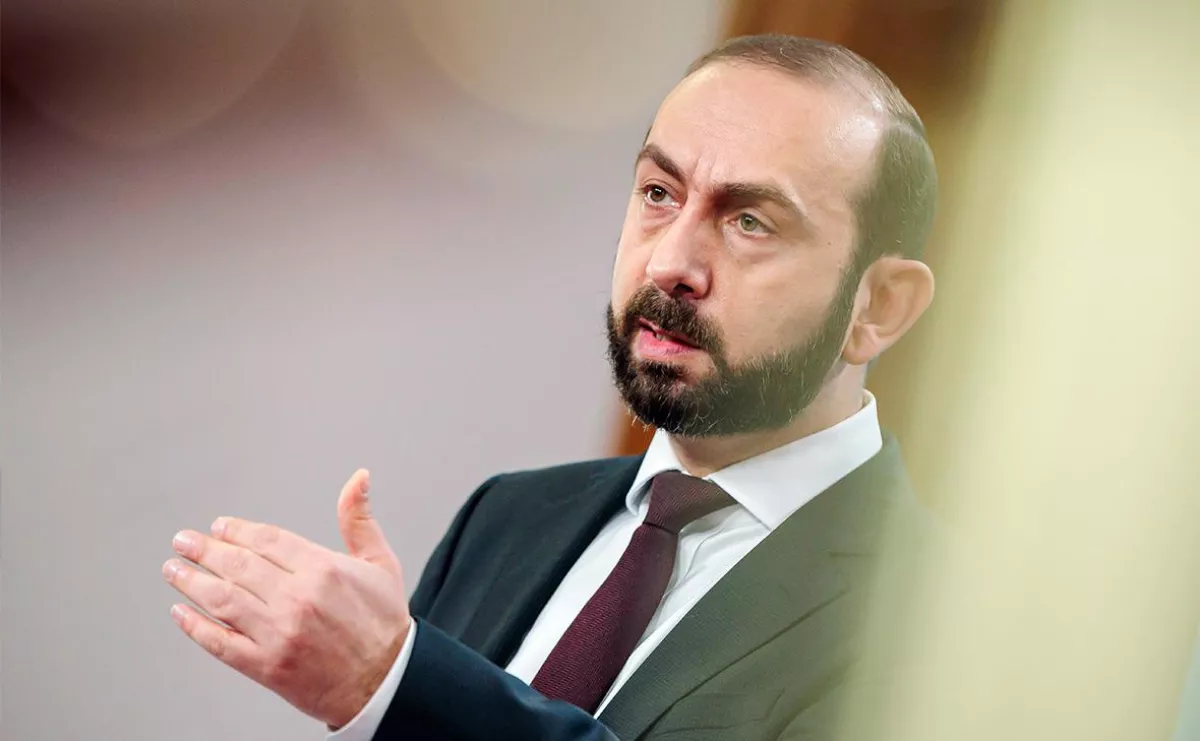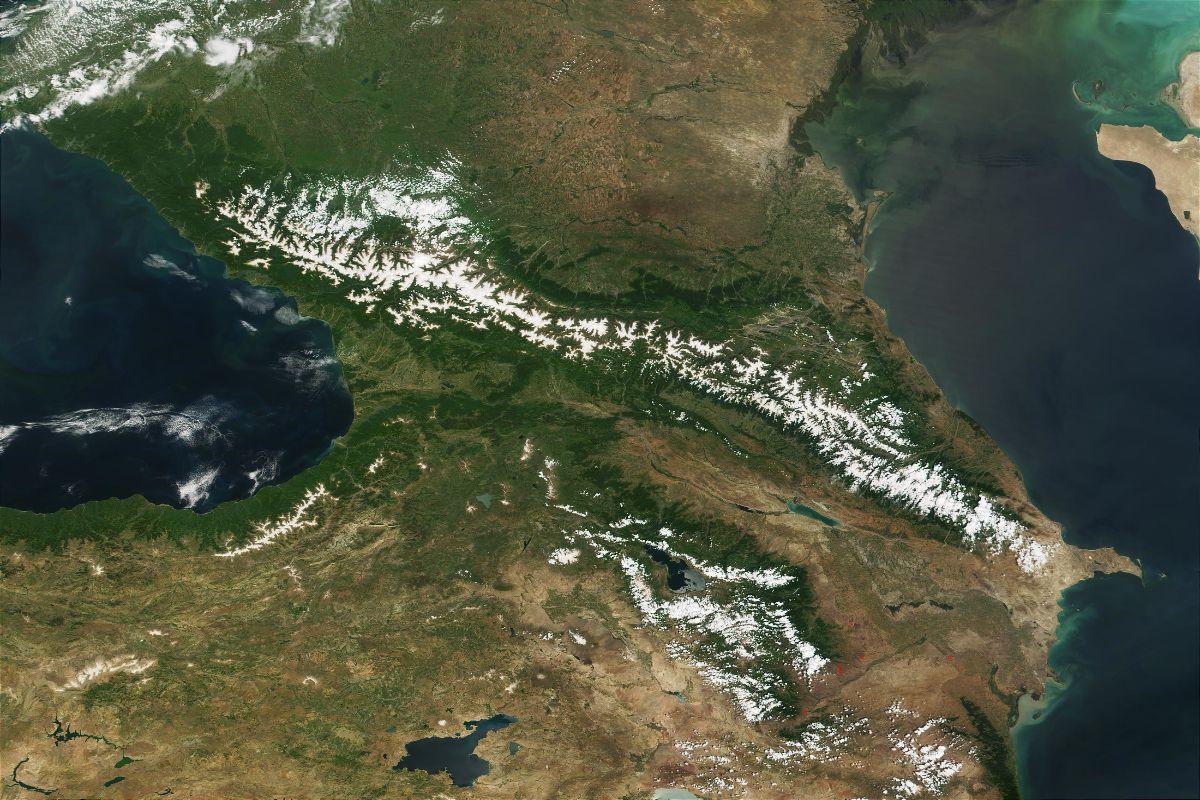South Caucasus: from a zone of conflict to a zone of opportunities Expert opinions on Caliber.Az
Armenia and Azerbaijan have achieved peace and are now working together towards the full normalisation of bilateral relations, Armenian Foreign Minister Ararat Mirzoyan said.

“Perhaps it is already well known that we have established peace with Azerbaijan. Both countries are now making greater efforts to fully normalise their relations. Alongside the government’s efforts aimed at signing official agreements and developing concrete solutions, there is also a great need for reconciliation between societies,” Mirzoyan emphasised.

Speaking of reconciliation between societies — on October 21–22, a roundtable was held in Yerevan with the participation of representatives of Azerbaijani and Armenian civil society. The meeting was organised as a joint initiative by a group of experts and activists, with the support of official structures from both countries. The initiative aims to promote a peace agenda in the spirit of the Joint Declaration adopted on August 8, 2025, in Washington and became the first meeting of Armenian and Azerbaijani civil society representatives in such a format. As part of the visit, the Azerbaijani participants also met with the Secretary of the Security Council of the Republic of Armenia, Armen Grigoryan.
Azerbaijan is practically demonstrating its commitment to restoring cooperation and an atmosphere of trust in the region. The transportation of Kazakh grain to Armenia through Azerbaijani territory is one of the first tangible steps in this direction. During his visit to Astana, President Ilham Aliyev noted that this is a clear indicator that peace between Azerbaijan and Armenia now exists not only on paper but also in practice.
Such important events and statements point to emerging prospects in relations between Baku and Yerevan. What might these prospects be?
Renowned foreign experts shared their views on this with Caliber.Az.

Political analyst and scholar from Kazakhstan, Zhaxylyk Sabitov, noted that once a logistics chain for transporting various goods through Azerbaijan and Armenia is established—essentially creating a unified logistical bridge between the two countries—it will give a strong boost to the development of international trade.
“Undoubtedly, this will be a major advantage for both Yerevan and Baku, as well as for neighbouring states. On the one hand, these steps can reduce the costs of various types of transportation, and on the other, significantly increase the speed of cargo delivery compared to what it has been until now. Therefore, overall, it is encouraging that peace has been restored in the South Caucasus region.
Both countries—Azerbaijan and Armenia—approach trade and other economic matters rationally, aiming to resolve associated issues in a pragmatic, rather than emotional, manner,” Sabitov stated.

The Director of the Institute of World Politics in Bishkek, Sheradil Baktygulov, in turn, emphasised that peace between Azerbaijan and Armenia is important not only for the two countries themselves but also for other states—both those that share a direct border with them and those with a shared history of development and cooperation.
“The significance of peace lies in the fact that the South Caucasus is transforming from a zone of conflict into a zone of opportunities. Peace replaces the risk of war with the prospect of economic prosperity, expands global energy and trade routes, and ensures security and normal life for millions of people. These are difficult, sometimes painful, but necessary steps towards stability and prosperity in the South Caucasus.
The emerging opportunities for regional cooperation can be conditionally divided into several blocks.
The first block is cooperation in ensuring stability and security. This includes resolving the ‘frozen’ conflict, reducing the risk of foreign interventions, and establishing a security architecture, including the demarcation of clear state borders and security guarantees. Such an approach will create a mechanism to de-escalate potential conflicts,” the political analyst noted.
According to him, the second block of cooperation concerns economic projects.

“The South Caucasus is a natural land bridge between Europe and Asia. The resolution of the conflict opens up a new overland logistics route. New energy corridors also emerge. For example, while the Baku–Tbilisi–Ceyhan oil pipeline and the Southern Gas Corridor bypass Armenia, the establishment of peace creates opportunities for more efficient energy and infrastructure projects involving the country. This is highly attractive for Europe, which seeks to diversify its energy flows.
Furthermore, peace between Azerbaijan and Armenia will help prevent a broader and more destructive conflict in the region involving Türkiye, a NATO member, and Russia.
The establishment of peace marks the beginning of long-term cooperation across a wide range of issues,” Baktygulov concluded.








